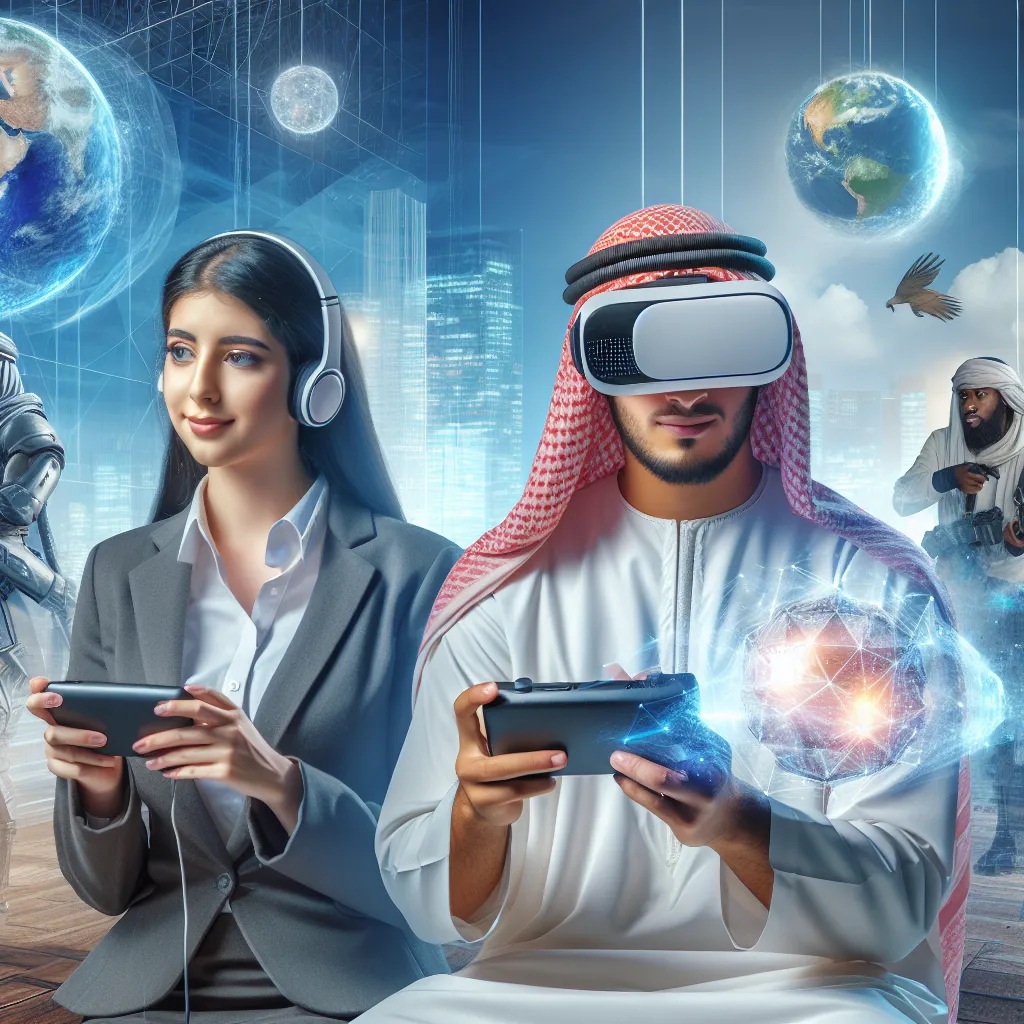The Evolution of Gaming: From Pong to Virtual Reality
The gaming industry has evolved significantly since the introduction of Pong in 1972 by Atari, serving as a catalyst for the future of gaming. Pong's success demonstrated the potential of the video game market, leading to further innovation and technological advancement, shaping the industry for decades to come. Understanding the impact of Pong is crucial in appreciating the ongoing transformation of gaming technology and culture, from the simple two-dimensional games of the past to the immersive virtual reality experiences of today. As technology continues to advance, the line between consoles and PCs is blurring, but the inherent flexibility and power of PCs continue to position them as a dominant force in the ever-changing landscape of gaming. Additionally, the rise of virtual reality gaming has transformed the way players engage with games, offering an immersive experience that continues to push the boundaries of what is possible in the gaming world.





